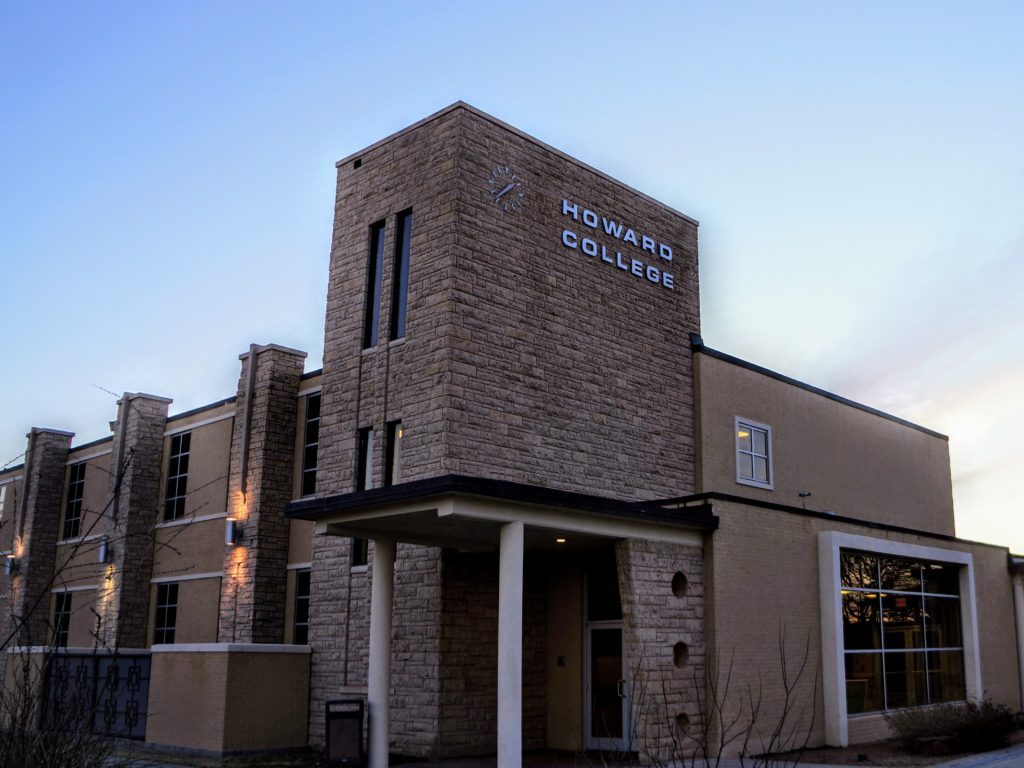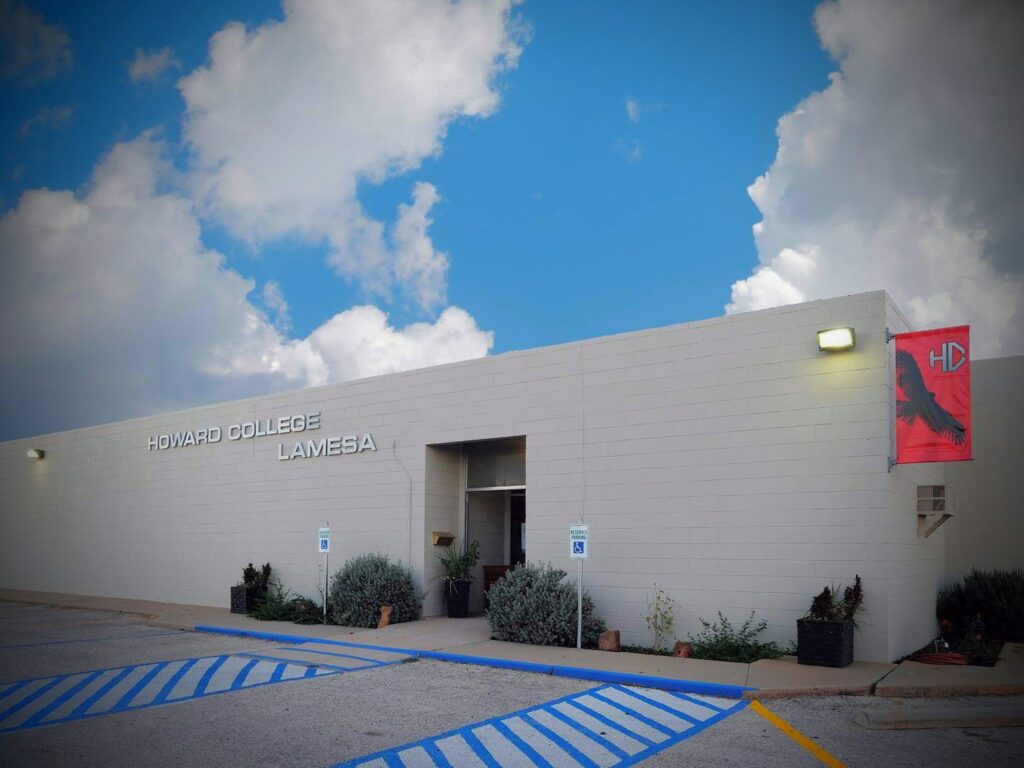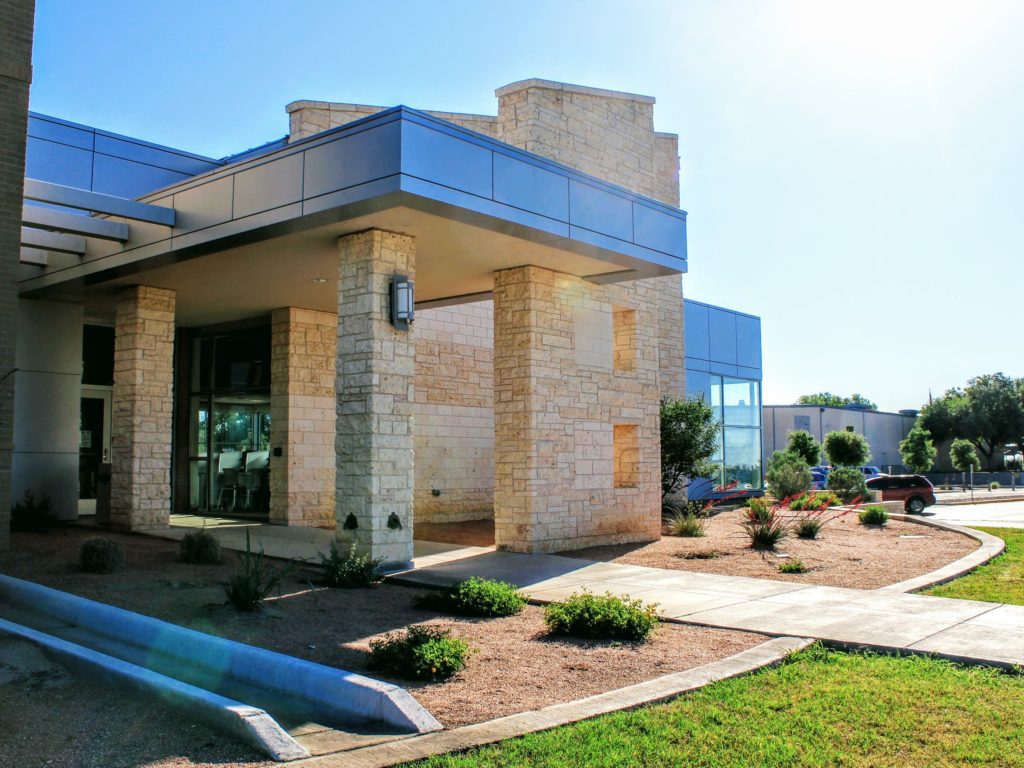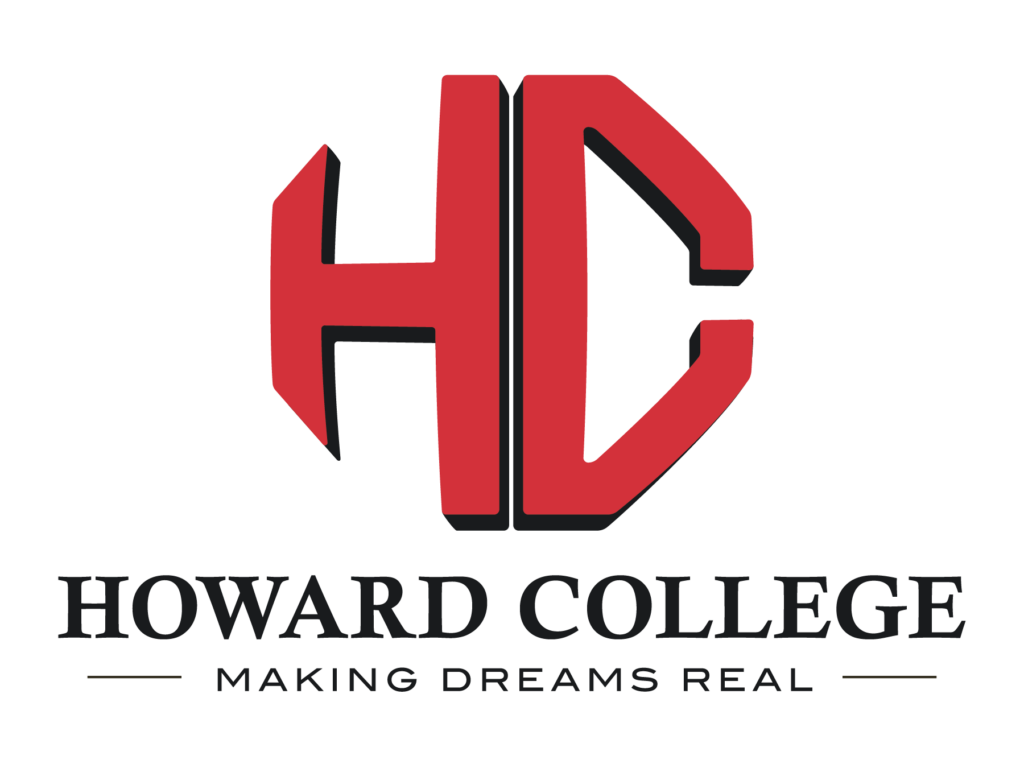Dental Hygiene Program - Big Spring
The application will open again in September.
Special Note Regarding Science Course Completion:
– Courses must be completed by December prior to the year Dental Hygiene application is submitted
– Courses cannot be over five years old when Dental Hygiene application is submitted
This program is fully accredited by the Commission on Dental Accreditation.
The education of the dental hygienist emphasizes the basic sciences which include microbiology, chemistry, pathology, anatomy, and physiology. Other components of the curriculum develop the clinical skills of the dental hygienist which ultimately prepares the hygienist to provide preventive dental health services to the public. A Dental Hygienist is eligible for licensure after graduation from an educational program accredited by the American Dental Association Commission on Dental Accreditation and upon successful completion of both a written National Board Dental Hygiene Examination and a clinical examination. The licensed dental hygienist practice in accordance with the requirements of individual state dental practice acts. The purpose of licensure is to protect the public. In many states, a dental hygienist must take continuing education courses to renew his/her license.
Note: Due to the heavy academic and clinical time requirements of the Dental Hygiene courses, it is recommended that support courses be completed before entry into this program. Scheduling problems may arise and could delay a student’s graduation.
Interested in Becoming a Patient?
Patients are assigned to students according to pre-set criteria. For appointment information, please call (432) 264-5065 or email Peggy Klaus: plee@howardcollege.edu
The Howard College Dental Hygiene Application is available. This application will include a physical exam, dental exam, a copy of required immunizations/vaccinations, and demonstrated knowledge of dental hygiene with documented observation hours. Prior to admission into the Dental Hygiene Program applicants must first gain Admission to Howard College, which can be completed simultaneously as your Dental Hygiene Application: apply to Howard College.
You can begin your observation hours prior to applying to the program. The form can be found clicking on the “Observation Form” link to the left.
A Dental Hygienist is a preventive oral health professional licensed in dental hygiene that provides educational, clinical, and therapeutic services supporting total health through the promotion of optimal oral health.
Dental Hygiene students become eligible for licensure upon graduation from an ADA accredited program and successful completion of a written national exam and clinical regional exam.
- For the full academic requirements, refer to the Dental Hygiene, AAS page in the catalog.
- You may also reference the following site: http://www.adha.org/careerinfo/dhfacts.htm
This program in Dental Hygiene is accredited by the Commission on Dental Accreditation of the American Dental Association, a specialized accrediting body recognized by the Council on Post Secondary Accreditation and by the United States Department of Education. Accreditation Standards and the Commission’s policy on third-party comments can be viewed at the link below.
- ADA CODA
211 East Chicago Avenue
Chicago, IL 60611-2678
(312) 440-2659
www.ada.org
Admission to the Dental Hygiene Program is selective and the number of admitted students is based on facilities constraints. Admission to the College does not guarantee admission to the Dental Hygiene Program.
CONSIDERATIONS
Criminal History
It is important to know that conviction of a felony or misdemeanor that directly relates to the duties and responsibilities of the dental hygienist may disqualify a person from receiving a license to practice in Texas (Occupations Code, Title 2, Ch. 53).
Prior to completing the application process for this program, it is recommended that persons with a criminal history complete the Criminal HistoryEvaluation offered by the Texas State Board of Dental Examiners.
This is separate from the criminal background check required for admission to the Dental Hygiene Program at Howard College.
Employment
Due to the intensity of the coursework and time requirements for clinicals and enrichments, it is difficult to maintain employment and sufficiently prepare for and successfully complete course requirements.
The decision to maintain employment is at the student’s discretion, however absence from classes or projects resulting from employment will be considered an unexcused absence.
When possible, the program will make every effort to schedule events far enough in advance to allow time for employment schedule changes.
Licensure
You must be at least 18 years of age to obtain a license as a Registered Dental Hygienist in Texas. No age requirement exists for application to the program.
Vision: It is the vision of the Howard College Dental Hygiene Program to become a model program, which will meet the future needs of an ever-expanding service area. Our model program will provide comprehensive dental hygiene education utilizing innovative, flexible technology, delivery systems, and partnerships.
Philosophy: The faculty and staff of the Howard College Dental Hygiene Program, in harmony with the vision of Howard College, believe in the worth and dignity of the individual students, patients and fellow staff members, and that an education in dental hygiene will provide an opportunity for growth in service to both the individual students and to others. We believe in providing students access to the information and support they will need to begin and sustain a career.
Mission: The mission of the Howard College Dental Hygiene Program is to be a dynamic center of learning that serves the educational and economic community by developing competent dental hygiene practitioners. Our Program will provide innovative and traditional instruction to develop ongoing learning skills that demonstrate the best and most ethical patient care, research and service.
Goals: To advance the mission the Dental Hygiene Program will:
- Provide a comprehensive dental hygiene program that is sensitive to meeting the needs and requirements of the dental care community of West Texas and the Howard College service area;
- Provide program facilities for clinic, laboratories and classrooms that are conducive to learning, and a learning climate that emphasizes social and ethical development as well as technical competence;
- Provide clinical and didactic curricula incorporating current scientific innovations in dental health care and delivery;
- Recruit and retain faculty motivated to deliver and evaluate curricula in relation to student success; provide access to continuous professional development;
- Stimulate students to critically analyze scientific information and develop ongoing skills and interest in learning.
- Educate students about the various roles of the dental hygienist including private practice, institutional practice, education, research and administration;
- Monitor and evaluate goals and outcomes for the continuous improvement of our Dental Hygiene Program.
- Incorporate critical thinking processes with evidence-based provision of care.
A dental hygiene graduate should be competent in:
Patient Care
- Providing for prevention, maintenance and treatment of teeth and periodontal structures in a dental hygiene practice.
- Comprehensively treating a patient through assessment, treatment planning, treatment implementation, evaluation of results, and follow-up care.
- Effectively providing dental hygiene care to all degrees of periodontal pathology.
- Problem solving complete patient management situations in a dental hygiene practice environment.
Professional Growth
- Evaluating scientific information and literature to promote lifelong learning.
- Interacting ethically with patients, fellow practitioners, and other healthcare professionals.
- Advancing the profession of dental hygiene through activity and affiliation in service and professional organizations.
Educational and Prevention
- Educating patients in self-care and prevention.
- Communicating effectively with diverse population groups.
- Evaluating the need for and effectiveness of community oral health programs.
Disease Control
- Providing appropriate care for medical emergencies encountered in hygiene practice.
- Assessing and managing patients with medical conditions that relate to dental hygiene care.
- Infection and hazard control in a dental hygiene environment.
HOWARD COLLEGE INFECTIOUS DISEASE POLICY:
As healthcare workers, health professions students are frequently exposed to patients that have been diagnosed with communicable diseases including but not limited to tuberculosis, HIV, and hepatitis. Additionally, patients may carry communicable diseases but not be diagnosed at the time that care takes place. All health profession students are expected to follow standard precautions for all patients. Further, they may not refuse care of any patient due to the nature of disease. The only exception to this is for pregnant health care workers who are prohibited by hospital policy from working around a specific disease or treatment process. (Ex. Pregnant health care workers must not work with the drug Ribavirin.) Refusal to accept an assignment based on disease status could result in the student earning an “F” for the clinical course and being ineligible for re-enrollment in the program.




